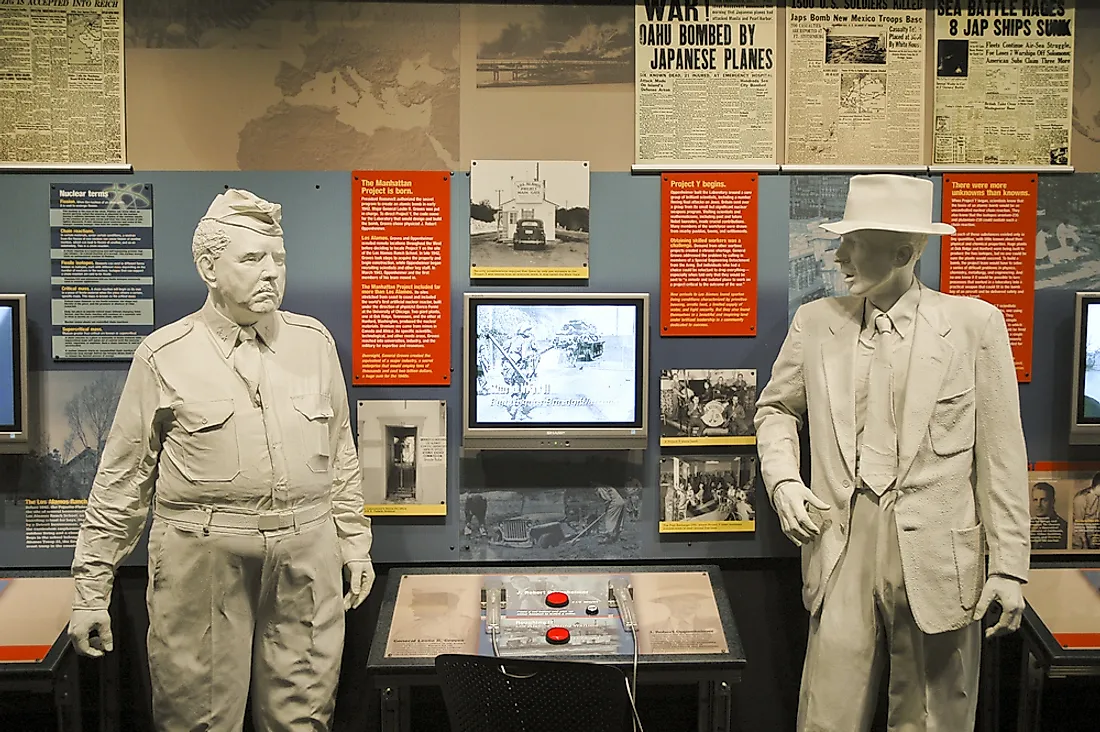Who Was Robert Oppenheimer?

Robert Oppenheimer was a theoretical physicist often referred to as the “father of the atomic bomb” for his work with the Manhattan Project.
Early Life and Career
Oppenheimer was born in the year 1904 in New York City. His parents were Jewish immigrants from Germany. After the culmination of his studies at Harvard University, he joined the University of Cambridge in England and began atomic research in the year 1925. After Nazi Germany decided to invade Poland in 1939, Oppenheimer was chosen to be a part of the Manhattan Project.
The Manhattan Project
The Manhattan Project was a United States Army research that was launched in a bid to find a way to harness the energy of an atom for military uses in warfare. The project was launched after Poland was invaded by Nazi Germany. Robert was in charge of the scientific department of the project and was based in Los Alamos in the US state of New Mexico from the year 1942. Oppenheimer went ahead and selected the “luminaries.” The “luminaries” were a number of brilliant and top physicists of that time.
Initially, the US government had allocated $6,000 for the project. However, by the time it was over in 1945, the project had used up $2 billion, and they were ready for the first test. The first test of the bomb, which was codenamed “Christy gadget,” was conducted in the same year in Alamogordo on a site that had the codename “Trinity.” The test explosion was a success.
One of his regrets was that the weapon was not ready in time to be used against Nazi Germany. Aside from that, Oppenheimer and most of his staff were not happy about the devastating bombings of Hiroshima and Nagasaki in Japan. The devastation caused by the two bombings would ultimately end World War II.
Post World War II
After his contributions to the Manhattan Project, Robert joined the powerful General Advisory Committee of the United States Atomic Energy Commission. The committee was against further development of the hydrogen bomb which led to accusations leveled against him that he was a Communist. In 1953, he was suspended and his clearance revoked by the Atomic Energy Commission.
Death and Legacy
His accomplishments in physics were recognized by the Enrico Fermi Award awarded to him in December 1963 by President Lyndon B. Johnson. At the age of 62, in Princeton, New Jersey, Oppenheimer passed away from cancer.











